|
*This post contains affiliate links. I receive small commissions for purchases made through these links at no extra cost to you. These commissions help me keep this site up and running, in order for me to keep providing helpful and inspiring art content. :) Wondering what the difference between acrylic and oil paint is? How do they compare in regards to required supplies, painting process and overall finish? Which one of these two painting mediums is best for you, your artistic goals and your current life situation? In today's blog post (and the YouTube video included), I'll be explaining the key similarities and differences between acrylic and oil paint. I'll also be clearing up common misconceptions so that you can make an informed decision about which supplies to invest in and, most importantly, start moving forward in your artistic journey right away. When I was first starting to look into painting, I was very confused about the similarities and differences between these two mediums. Not only did the examples of artwork I found created with each vary immensely, but there were also tons of contradictions between one article/book to the next in terms of the required supplies, the preparation phase, and the painting process itself. It was honestly overwhelming and I didn't have time to make sense of it all. Quite often, I held myself back from buying any supplies and moving forward due to this. Eventually, there came a point at which I could no longer ignore my desire to improve artistically, highly-demanding full-time job and all. I had already wasted too much time and knew that the best way to learn and to make sense of it all would be through actually doing. I visited my local art supply store, and with the information I had learned from my research (as well as with the help graciously provided by the lady at the store), bought a few items to explore. Suffice to say, a lot of supplies were wasted or left completely unused. And not only were a lot of bad paintings created, but several of them literally fell apart after a couple of months (don't ask). I don't regret it though, because I learned so much through this first-hand exploration, both about different painting mediums, as well as about myself as an artist. What I like, don't like, what techniques suit the style I'm going for best, etc. After years of practice and exploration I've been able to learn a lot about acrylics, oils and even watercolors. I love them all, use them all on a month-to-month basis, and have come to know the pros and cons of each throughout this time. If you're just as confused and overwhelmed as I was all those years ago, but still feel that nagging inside telling you to get painting (it never goes away by the way), the following information will definitely help you make faster progress. However, as with all artistic mediums and supplies, it's going to be up to you to commit to this journey and the exploration it entails, in order to get to know yourself artistically and the specific supplies you personally enjoy. In this page, you'll find a list of my favorite oil and acrylic painting supplies. Let's get into today's topic!
If you enjoyed this video and found it helpful, make sure to subscribe to my YouTube channel. I share a brand new video every week with art tips, drawing and painting tutorials and mindset/productivity tips for artists. *Subscribe HERE*
Introduction
|
|
|
|
Because oil paint contains more pigment than acrylic paint, colors in oil paintings usually look a lot richer, more vibrant and glossy.
This said, even though oil paintings can last a very long time if they have been created using quality supplies and proper methods, they do tend to fade and/or yellow over time.
It'll be years and years before this happens though.
Acrylic paintings, on the other hand, usually look a lot more matte and flat when compared to oil paintings. Colors also tend to darken during the drying phase.
However, once this drying process is completed and this color change happens, they don't change after that as long as they are kept in an optimum environment (away from direct sunlight and humidity).
As far as texture goes, we can find both acrylic and oil paintings that are very smooth, as well as highly-textured. Oil paint lends itself to very easily be placed thickly on the canvas, leading to beautiful, palpable textures, if that's what the artist is intending to create.
However, texture mediums can be added to acrylic paint and impasto-like effects can also be created by placing it heavily on the substrate using different tools like painting knives. The artist can also create a textured surface prior to starting to paint.
The overall finish of both acrylic and oil paintings can also be altered by using different types of varnishes, depending on whether you'd like your painting to appear more matte or glossy.
There aredifferent varnishes available in both spray and liquid form that offer a variety of finishes.
This is going to depend on your personal circumstances, as well as your tastes and what you're looking to improve upon.
If you usually don't have much time for your art, don't have a designated space to work in, or you have kids or pets running around, acrylics are probably the best option for you (at least for now).
On the other hand, if you do have a space you can work in for hours-on-end, you aren't too sensitive to strong smells, you're interested in learning classical techniques, and/or you really care about the depth/color/richness of your paintings, then I'd definitely explore oils!
Whatever medium you choose to go for, make sure you exercise safety measures.
I hope you enjoyed this post and learned something new, or got inspired to go and create a sketch for yourself. I wish you tons of progress and enjoyment in your artistic journey! :)
Hello Erika,
Many thanks for so many instructions.
I have both paint but I want to use acryl because it is very fast dry, but I have a retarder.
But which gel I need to use making an acrylpaint.
thanks in advance
Hans Peters
Hi J.N.,
Thank you so much for visiting and taking time to comment. It really means the world! :)
I'm so happy you found some useful nuggets in this post. I'm working a lot more with acrylics myself, lately, due to their practicality.
I'm not sure I understand your question? What kind of gel do you mean? You don't really need anything else beside your acrylic paint and your retarder (if you want to use one). Acrylic paint, a bit of water, paintbrushes, mixing palette, and a canvas or something to paint on and you're good to go! :)
Let me know if you have any further questions.
Have a beautiful day!
Erika
Great article, Erika! Like you’ve mentioned, oil paints certainly do give you the opportunity to play with colors and textures; however, it is important to keep in mind they take a long time to dry and can be tough to clean if you make any mistakes. If you are someone who can tend to lack patience at times, I think it could be a smart idea to paint with acrylics instead.
Hi, Emily!
Thanks for reading and taking time to leave your valuable opinion.
Oils, do indeed, take a long time to dry. This can, however, be a great thing, as the paint can be easily moved around and even removed when a mistake occurs.
With acrylics, we make a mistake and have to cover them with more and more layers, as they dry so quickly, which has led me to creating an undesired texture in the past.
It's all about discovering ourselves as artists, and what we personally like and dislike.
I love both mediums very much and have really come to appreciate acrylics! Especially as a working artist who has to meet deadlines. It does bother me a bit sometimes, how many colors darken and change as acrylic dries. This never happens with oils.
Every medium has it's pros and cons, for sure, and I definitely agree with you. I think acrylics are the way to go for most people getting started with painting.
Have a lovely day and thanks again! :)
Erika
To be fair, I think you could have mentioned that working with oils does not "require" using either solvents or mediums, as well as the fact that acrylics off-gas just as oils do, and different brands have different VOC and toxicity ratings. Oils are generally formulated with simply vegetable oils (and sometimes binders, though this is less in higher end paints.) Consumer awareness is key, and an important component to keeping a safe studio practice.
Hi, Casey!
Thanks for checking out this blog post and taking time to leave your valuable comment. You're right about all these things.
Some of these things I believe I do mention, such as acrylics also having an off-gas and how it's still necessary to work in a well-ventilated area.
Oils get a bad rap, but they can be used in safe ways. No solvents or mediums are necessary.
Hi, there!
Thanks so much for checking this one out and taking time to comment.
Glad this one was helpful.
Have a great day and take good care!
Hey, Joy!
Thanks so much for reading.
Glad you enjoyed it! :)
Wish you a lovely day.
I truely learnt a lot. I think I’d like to give acrylics a go even though I’d never give up on oils. My biggest concern was how do they last.
Very informative and helpful.
Thank you
Marea Ascic
Hi, Marea!
Glad to hear this one was helpful. :)
I use both myself. Lately, I've been using acrylics more out of practicality and drying time.
Wish you a great day!
This blog post is a great resource for beginners who are confused about the differences between acrylic and oil paints. The author shares their own experiences with trying both mediums and provides helpful information about the required supplies, preparation phase, and painting process for each. While it's important to do your own research and exploration to find the supplies that work best for you, this post is a great starting point for anyone looking to get started with painting.
Thanks so much for reading and taking time to leave a comment.
Glad this one was helpful.
It will be very helpful to understand about Wondering what the difference between acrylic and oil paint is? How do they compare in regards to required supplies, painting process and overall finish? Which one of these two painting mediums is best for you, your artistic goals and your current life situation? I'll be explaining the key similarities and differences between acrylic and oil paint. I'll also be clearing up common misconceptions so that you can make an informed decision about which supplies to invest in and, most importantly, start moving forward in your artistic journey right away! Great post I must admit, keep sharing more.
Leave a Reply.

is a participant in the Amazon Services LLC Associates Program, an affiliate advertising program designed to provide a means for sites
to earn advertising fees by advertising and linking to amazon.com.
www.erikalancaster.com
is a participant in the Shareasale.com Affiliate Program, an affiliate advertising program designed to provide a means for sites to earn advertising fees by advertising and linking to Shareasale.com partner companies.

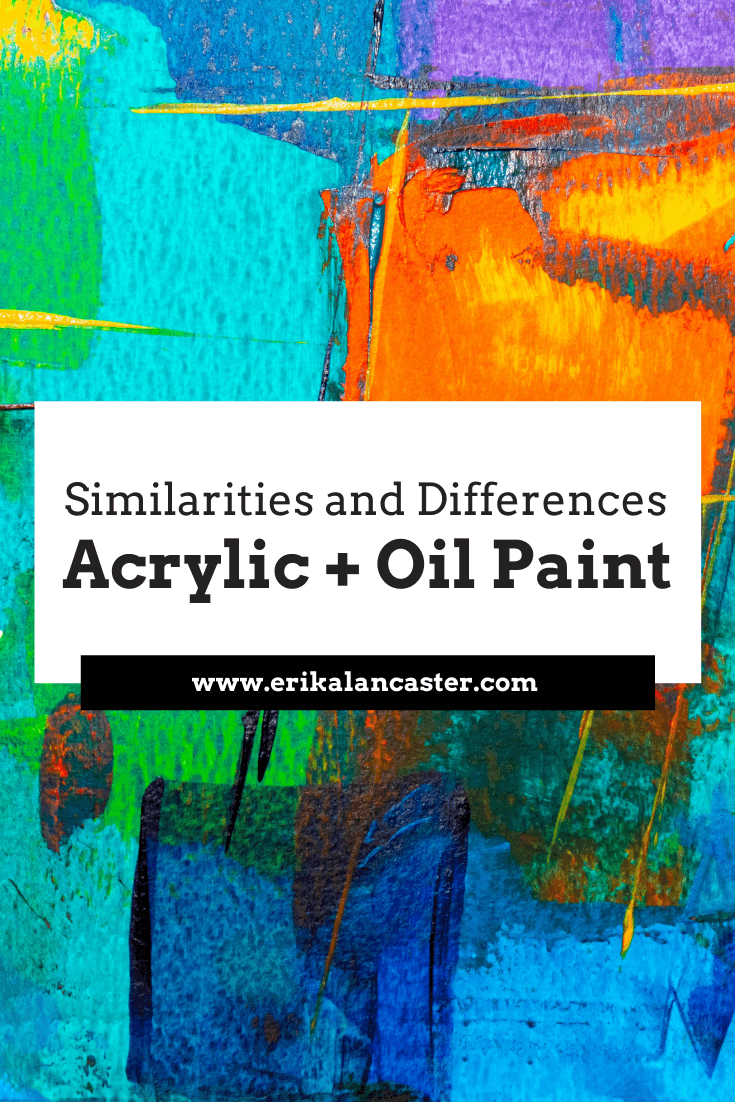
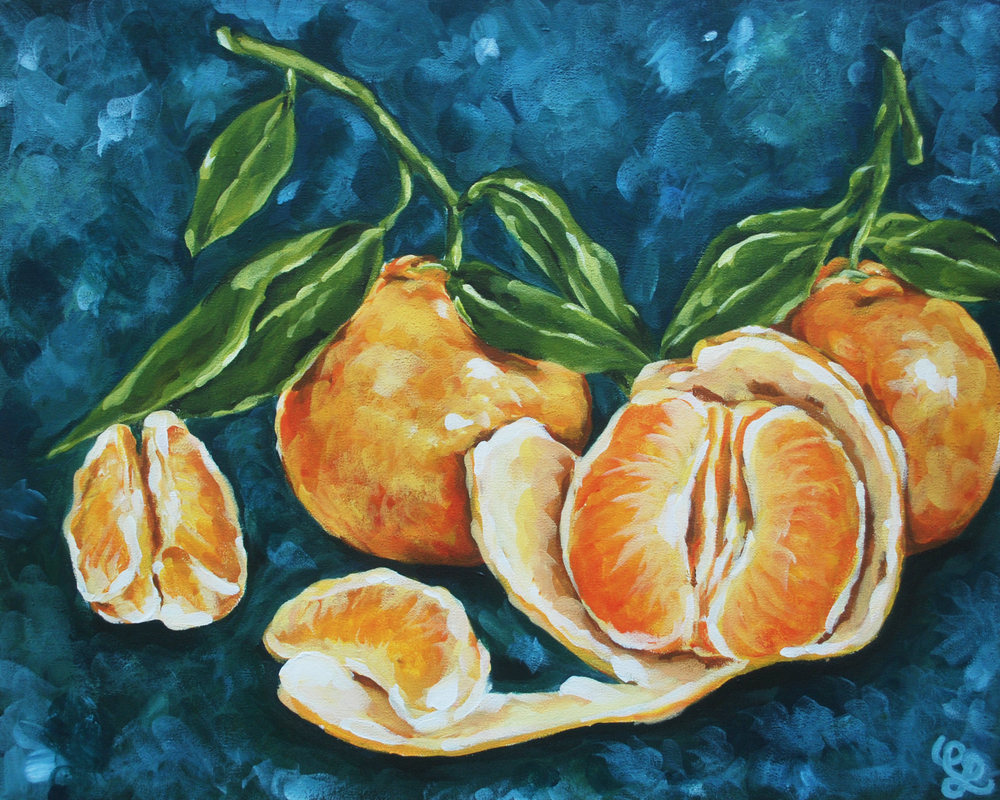
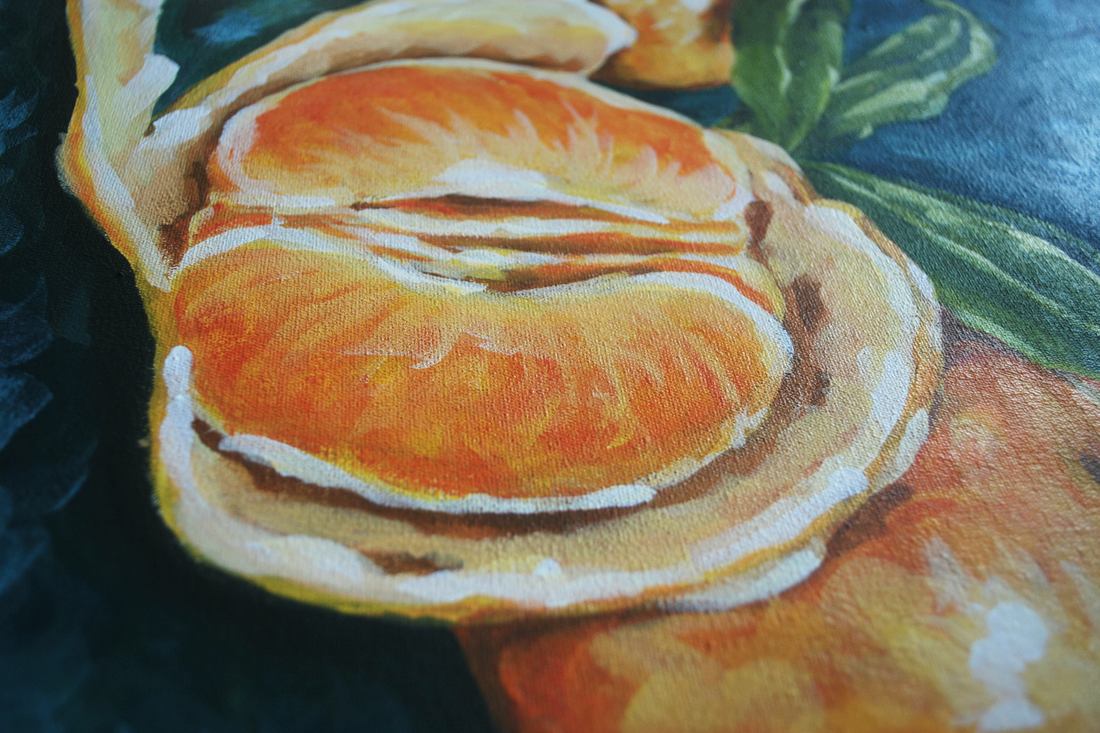

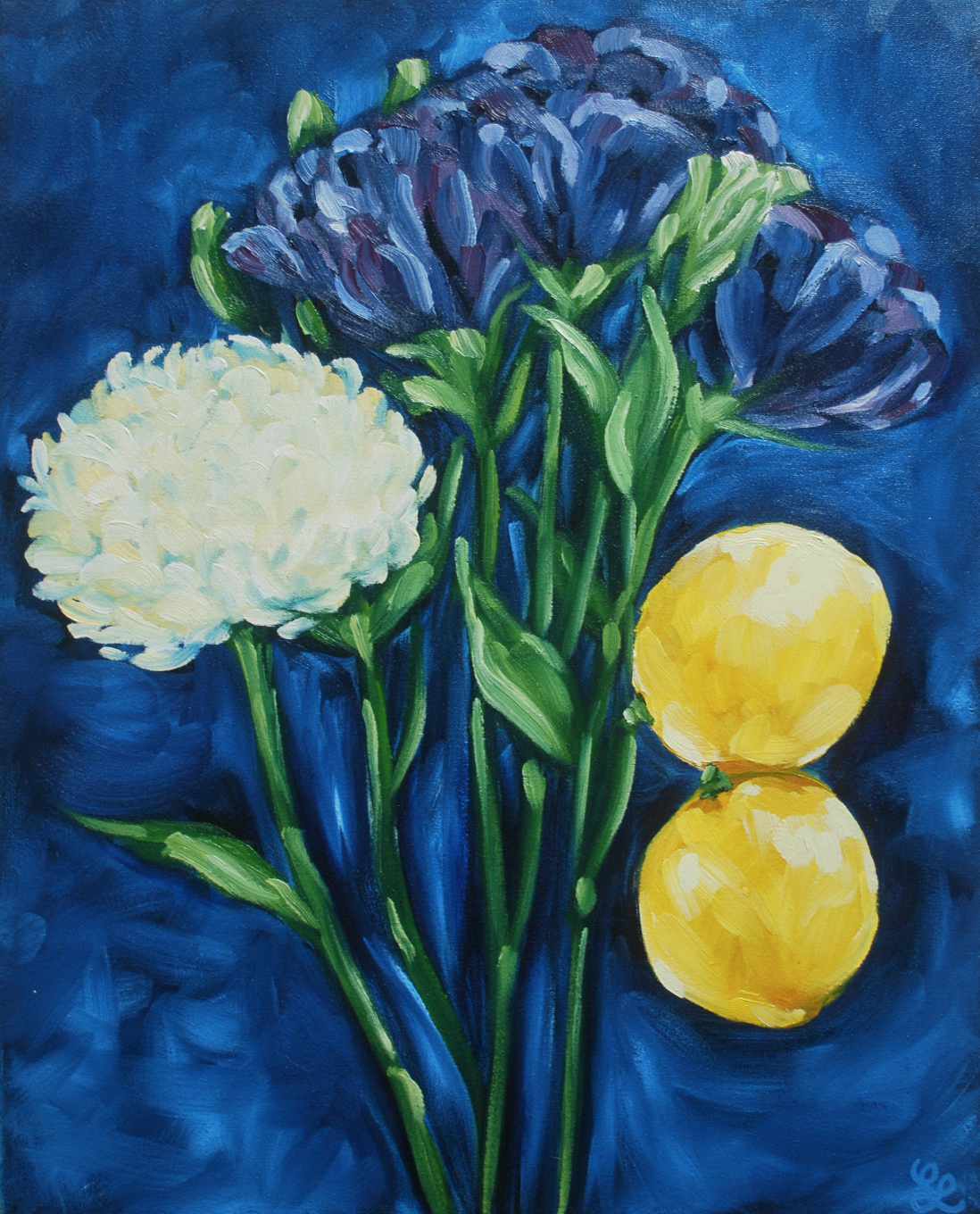
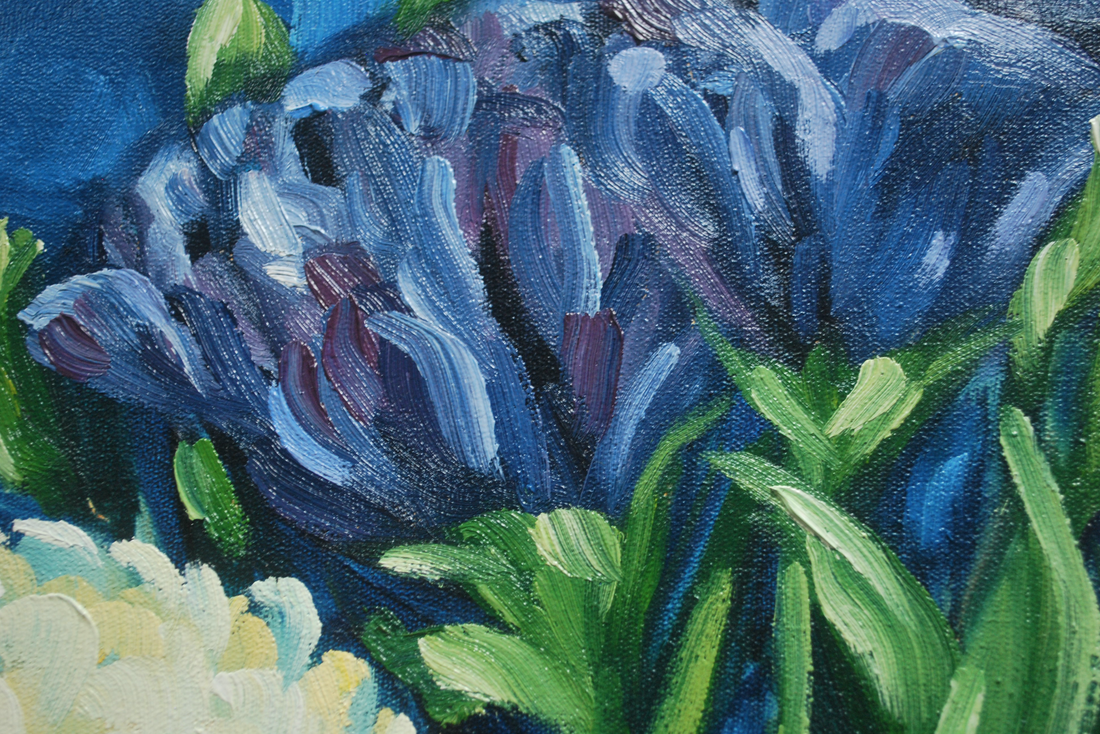
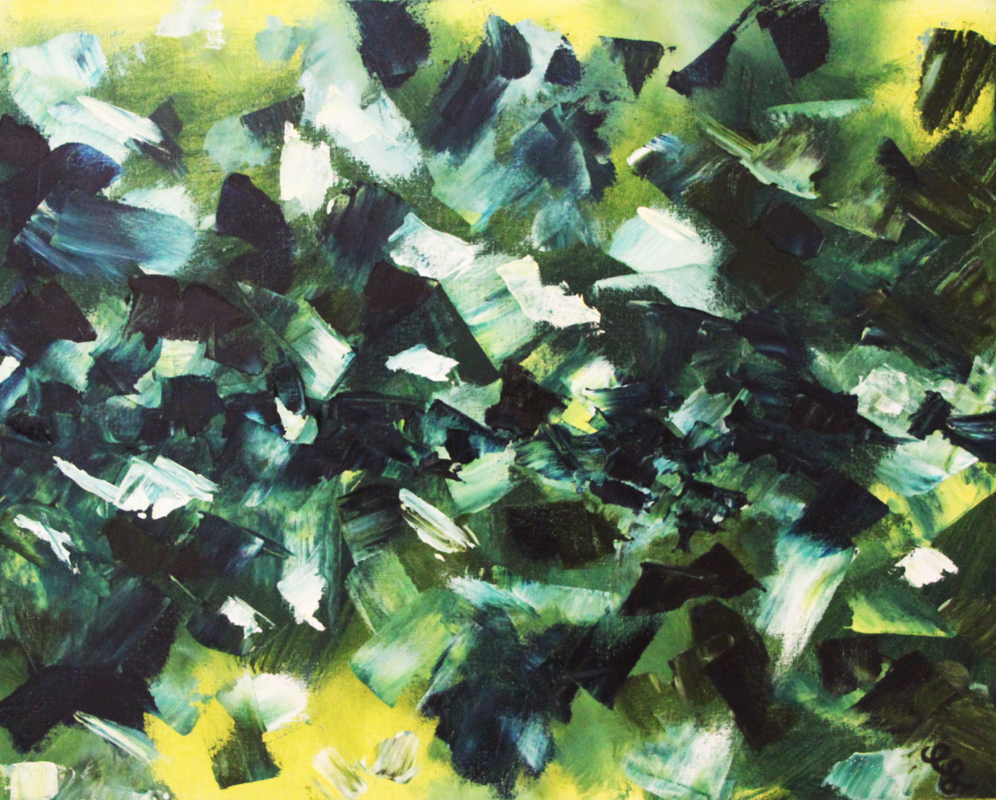
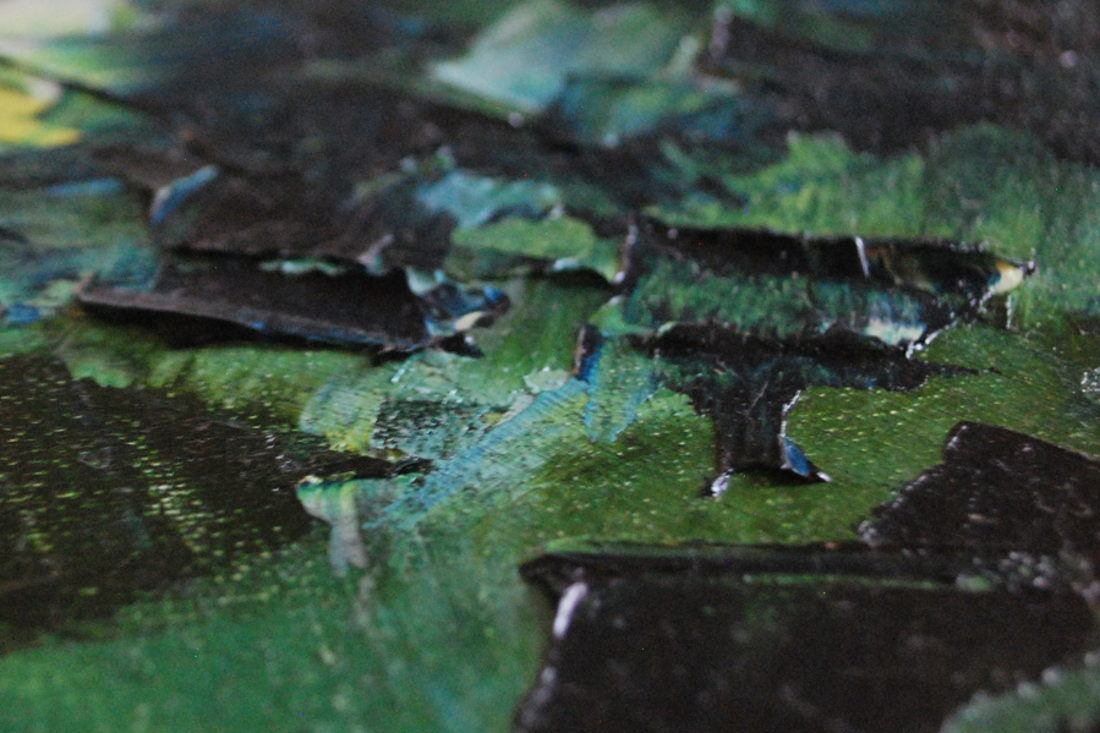
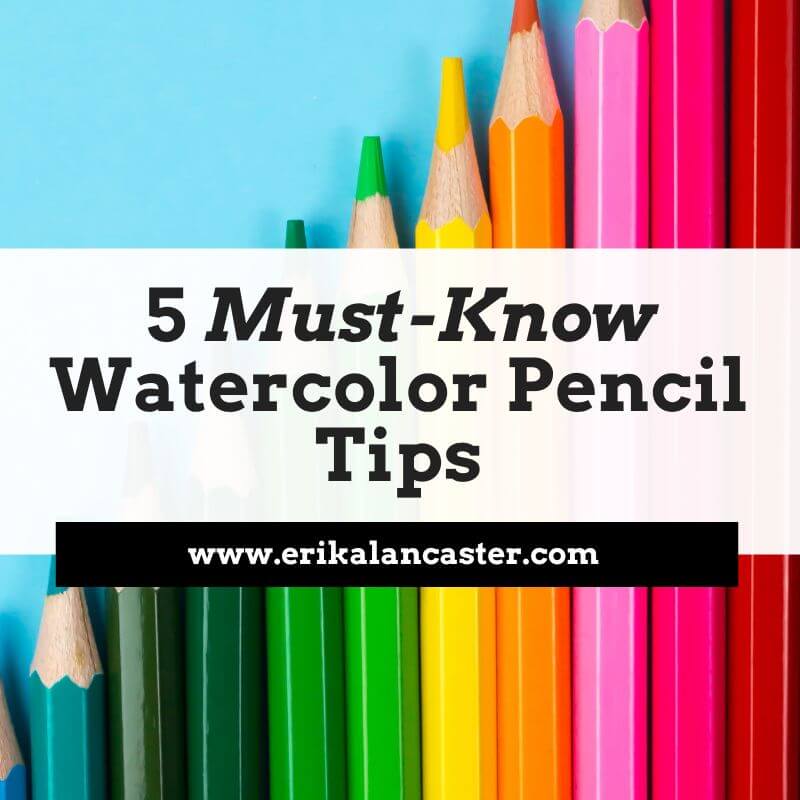






 RSS Feed
RSS Feed

